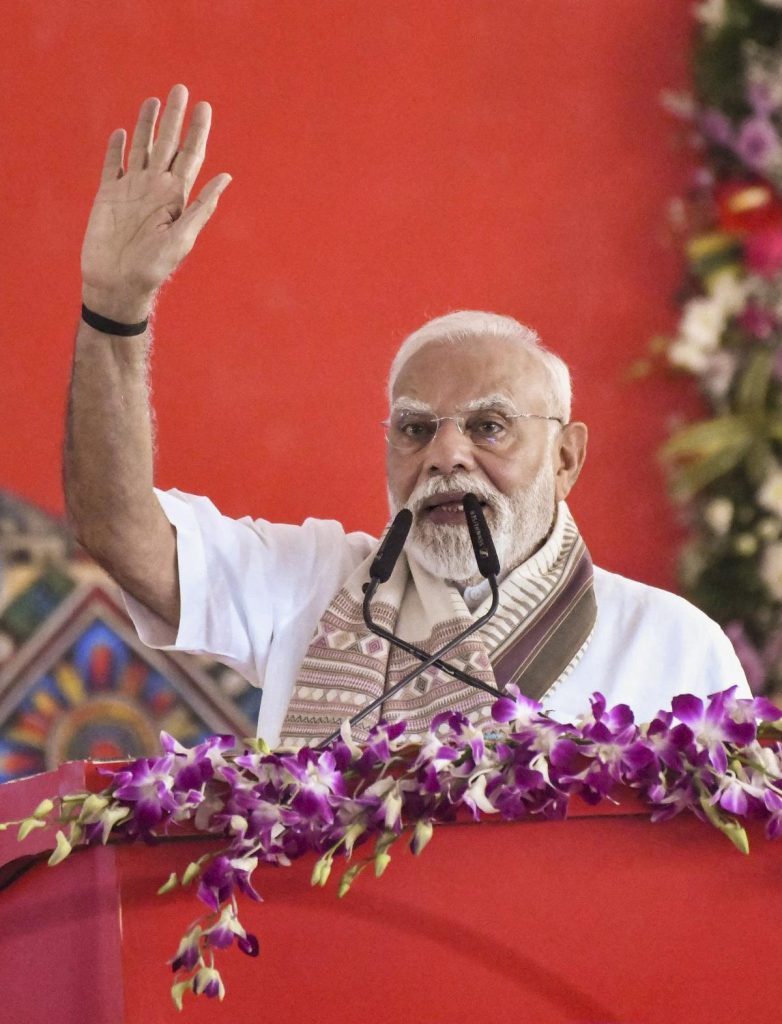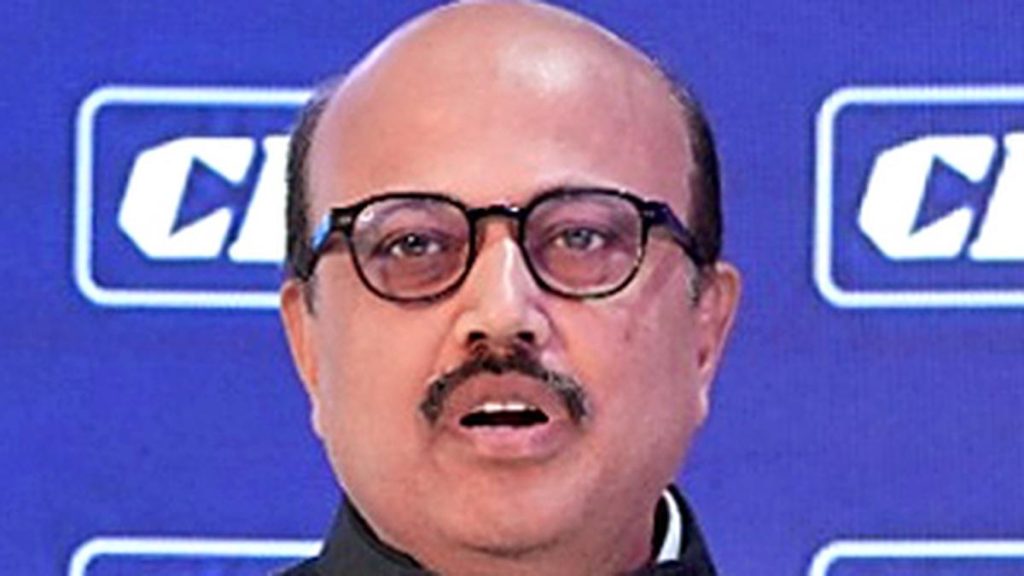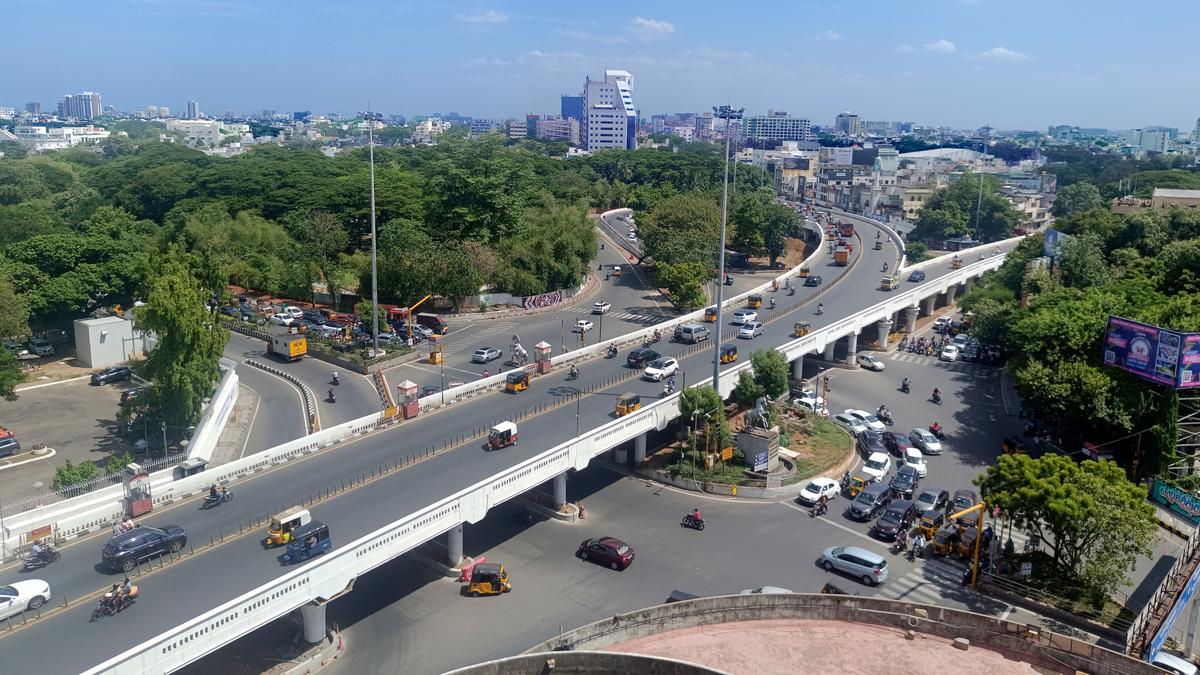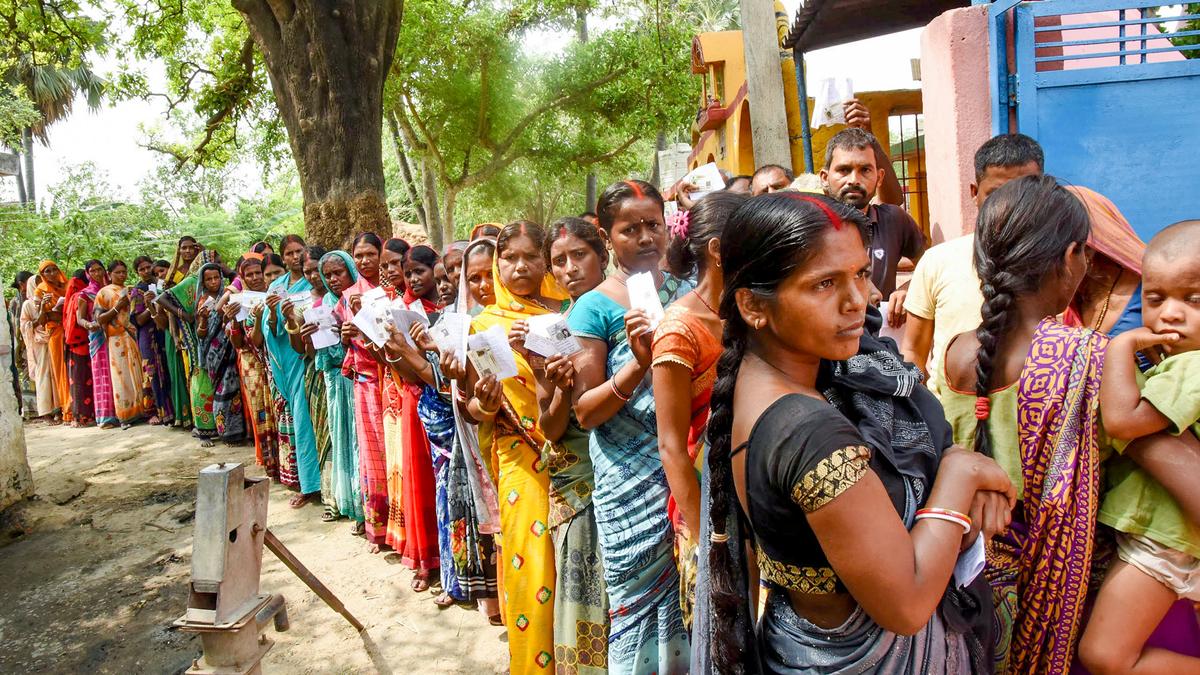Now Reading: Chennai’s Evolving Japanese Ties: A Madras Day 2025 Special
-
01
Chennai’s Evolving Japanese Ties: A Madras Day 2025 Special
Chennai’s Evolving Japanese Ties: A Madras Day 2025 Special
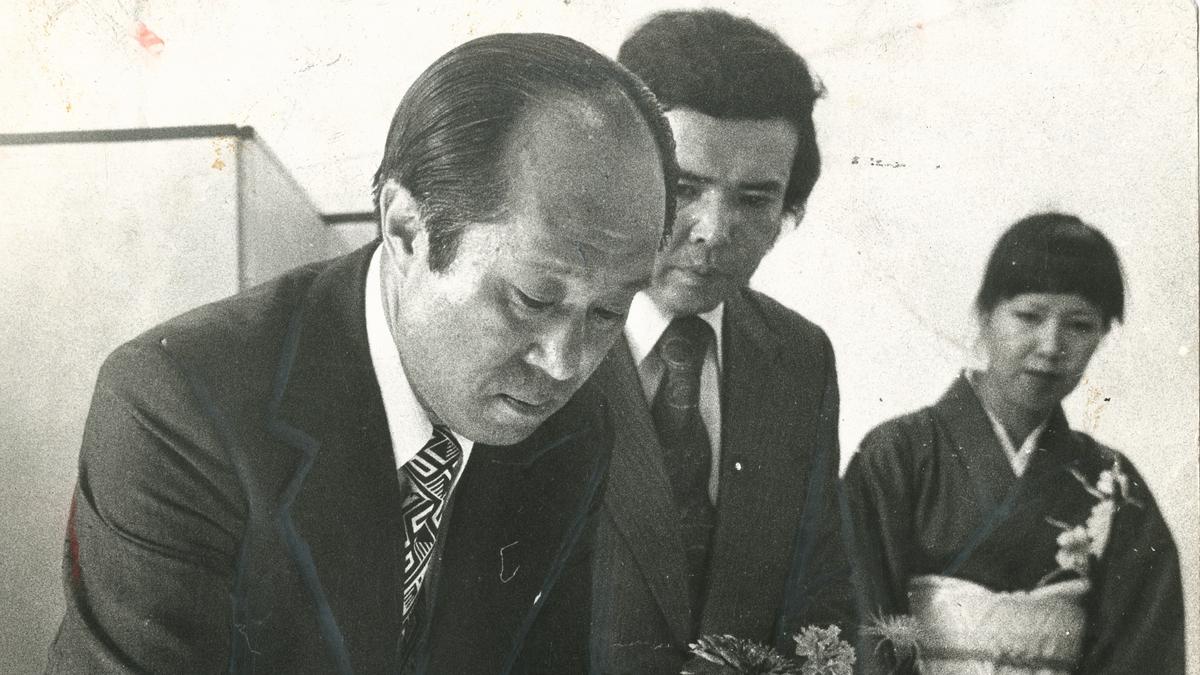
rapid Summary
- Past Context: Post-WWII, Japanese activities in Burma (myanmar) led to an exodus of Indians, resulting in the decline of the Nagarathar trade and the establishment of Burma Bazaars/Colonies in Madras (now Chennai). Fear of a Japanese air raid caused an evacuation of Madras in 1942.
- Japanese influence: Early interactions where shaped by Netaji Subhas BoseS Indian National Army collaboration with Japan. A Japanese Consulate was set up later, fostering awareness and trade links starting with handicrafts/textiles and advancing to electronics.
- Cultural Exchange & Language promotion: In 1974, ABK-AOTS Dosokai was founded in Madras as a non-governmental organization promoting Japanese language education and cultural awareness. The NGO played a pivotal role from the 1980s onwards.
- Automotive Revolution: The collaboration between Maruti Suzuki inspired auto component suppliers in Chennai to adopt higher-quality manufacturing practices like ISO 9000 certification and Total Quality Management (TQM). Sundram fasteners became the first Indian company certified for ISO 9000 by December 1990; others followed this trend into the mid-1990s.
- Support for Smaller companies: Efforts by leaders like K. Mahesh worked towards uplifting smaller companies’ quality processes through strategic guidance from Japanese consultants under ACMA initiatives.
- Economic Impact Post-Liberalization: by India’s economic liberalization period, Chennai-based industries had adopted lean production systems via early exposure to strict quality standards driven by Japanese influence. Tada region also emerged as a hub for Japanese companies near Chennai.
- Personal Engagement with Language Learning: Suresh Krishna of sundram Fasteners learned fluent Japanese while receiving key awards like TPM honors-reflecting deeper cultural bonds.
Indian Opinion Analysis
The article delineates how Indo-japanese relations evolved from wartime encounters into rich mutual partnerships across business, culture, and manufacturing sectors within Chennai’s context. Japan’s focus on high-quality production methods catalyzed transformative changes across several industries-a process spearheaded largely through collaborations fostered during India’s automotive revolution initiated by Maruti Suzuki.Chennai’s success stories-Sundram Fasteners’ leadership or collective sectoral upgrades via ACMA-supported initiatives-highlight how adherence to global best practices can elevate industrial capabilities even among smaller firms. Institutions like ABK-AOTS Dosokai demonstrate that cross-cultural exchanges not only benefit diplomacy but also create frameworks for sustained economic competitiveness.
For India this highlights important policy lessons: enabling further FDI relationships with technologically advanced nations coudl effectively modernize domestic operations while reinforcing soft power ties via cultural exchange mechanisms.


